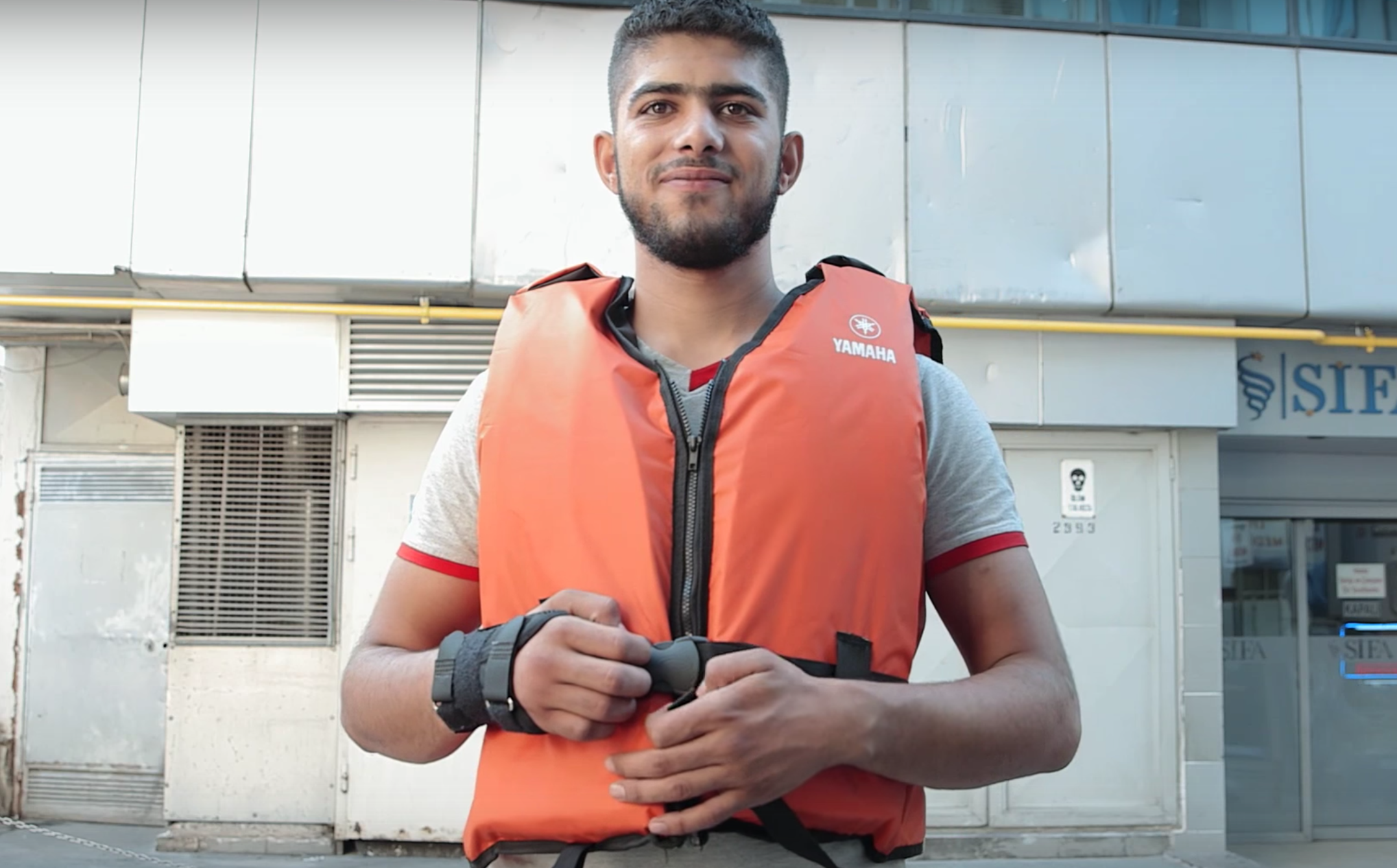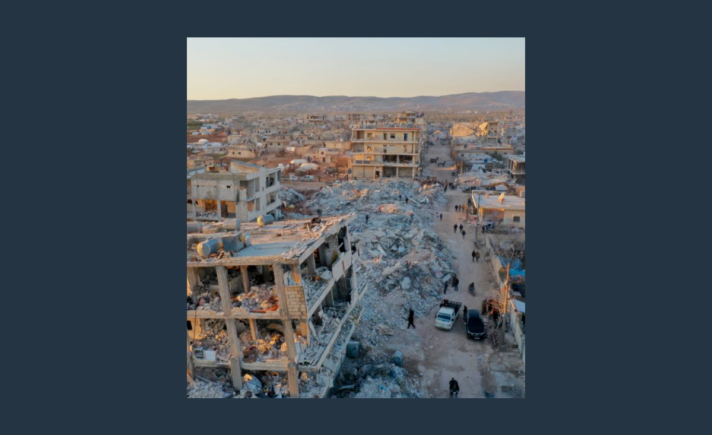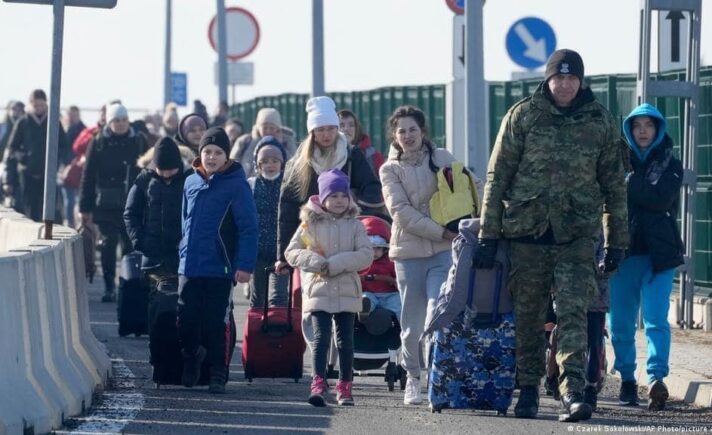Now: End of Season is a short documentary film by Lebanese filmmaker Ayman Nahle. The film captures the final moments of preparation by Syrian refugees before their perilous journey across the mediterranean from Turkey to Europe. It touches on subjects of waiting, memory and fear, expressed through visual artefacts of details far too familiar, not only to those who have taken the dangerous journey, but us, the witnesses.
The wait, meekly depicted through long shots of people’s mundane activities and expressions, is matched by a dialogue from a recently discovered audio recording of the wait forced upon the late Syrian President Hafez al-Assad by U.S. President Ronald Reagan. The phone call, which dates back to 1985, was initiated by Reagan to congratulate Assad on his win with the release of seven kidnapped Americans in Lebanon. However, as the White House operator and Assad’s secretary try to connect the two heads of states, Assad is forced, to my personal satisfaction, to wait on Raegan while the latter is out horseback riding in his ranch.
,http://www.youtube.com/watch?v=tgLl6E9kPKQ autoplay:0]
The recording, along with the bright shots of refugees aimlessly walking around the “smuggler’s cafe” in Izmir, and the grim thrumming beats of the background music, paint a picture of the humorous melancholia of this century’s biggest humanitarian crisis.
According to Nahle, Now: End of Season can be seen as a collection of postcards. Indeed, the first and last shots in the film, which focus on the breathtaking beauty of Pamukkale in Izmir, could be used as postcards from one of Turkey’s leading tourist destination, but the same can be said about the frames sandwiched in between. From the Disney princess blanket fluttering in the breeze, only to to reveal a bag marked with a UNHCR logo, to an abandoned child’s backpack on the pavement (which, Nahle believes, could very well be Alan Kurdi’s backpack), and even the nonchalant way in which a young man handles his newly bought lifejacket. One can’t help but wonder whether this man realizes that this fake life jacket could be the last item he would put on. “No, he doesn’t. And he doesn’t care,” says Nahle. “The life jacket is not mandatory on board; it’s just a costume.”

The characters in the film (or lack of) leave the viewers in a state of awe; how can someone, so close to the probability of death, be so calm, relaxed, and at times, cheerful? This is where the genius of the film’s mixture of documentation and avant-garde cinema come to play; instead of the redundant, first-person accounts of the journey from a war-torn country to an unwelcoming continent, Nahle strips the refugees of their victimhood and places them in the position of deciders of their own fate. “These people have chosen their destiny, this is what the film is trying to show,” says Nahle. “After having lost everything; every possession, every memory, every sense of belonging, these people chose to take the step towards oblivion.”
He attempts to point out the absurdity of the idea that either life or death await the refugees on their journey. “In reality, the journey from Izmir to Greece doesn’t take more than 45 minutes, and this is the time it takes for them to live or to die.”

Despite the absence of political jargon, ideological symbolism and authority figures, this film is as politically charged as they come. Both the dualities on which it revolves (past and present, ruler and ruled, east and west, us and them…) and the nature of the call between Assad the father and Reagan act as reminders of the global system’s injustice and the west’s support, or indifference at best, towards Arab dictatorships. However, Nahle used this film to send out a clear message to journalists who “invade these people’s personal spaces” and “ask inappropriate questions out of sense of entitlement”. “This film is anti-media,” he says, “it is my attempt to show that you can still document and tell the story of refugees without invading their privacies and asking them the same repetitive questions.”

The film was produced by Bidayyat, a non-profit civil company that supports aspiring filmmakers, and was screened in some of the most prestigious film festivals all over the world, including its world premier at Berlinale Film Festival, Chicago Film Festival, New York Film Festival, Cinemigrant Argentina and Oberhausen Film Festival.
Nahle, 33, says he has never been to Syria, however, he has been a strong supporter of the Syrian revolution since its early days. As a Lebanese, he too has suffered the consequences of the Assad dynasty’s dictatorship, which treated Lebanon as a de facto colony of the Syrian republic until very recently. “The idea of a Lebanese filmmaker making a film about Syrians is not very common; before the revolution I didn’t know any Syrians. For me, Syria was the occupier. I was personally harmed and assaulted by Syrian soldiers, so the issue is very personal to me.”
He is currently working on two projects: a short fiction film about Syrian detention centres, and a feature bio-documentary about the Lebanese left.








